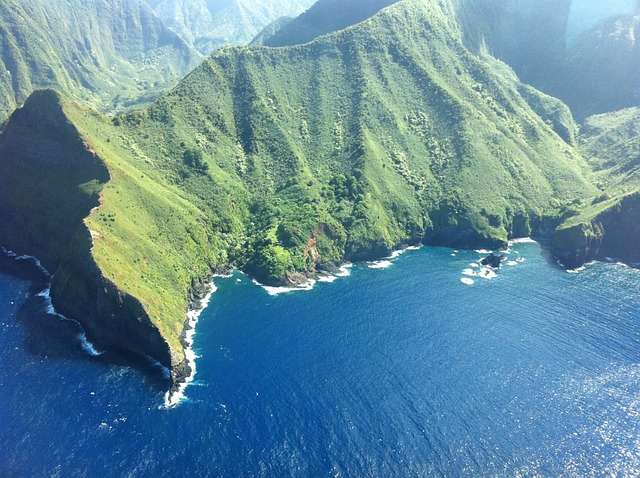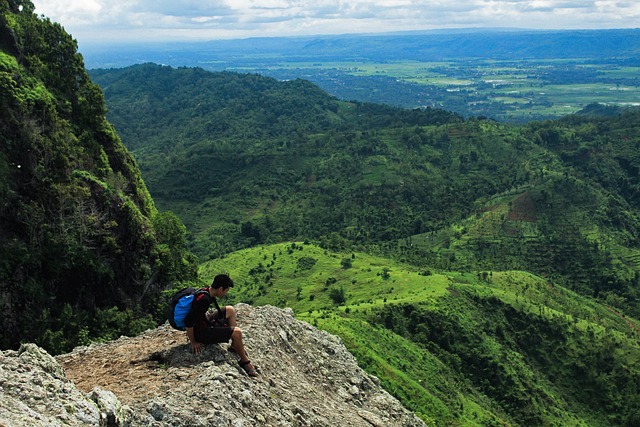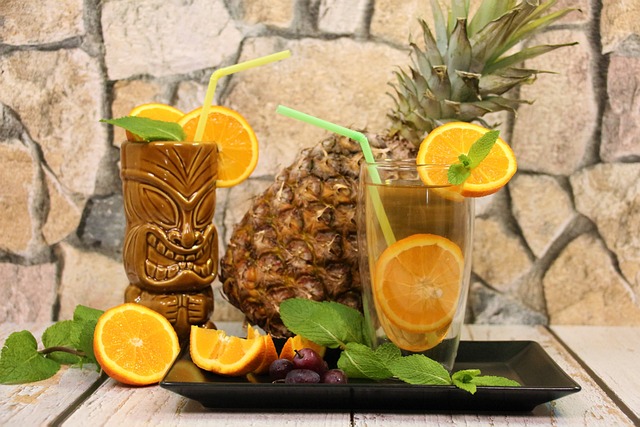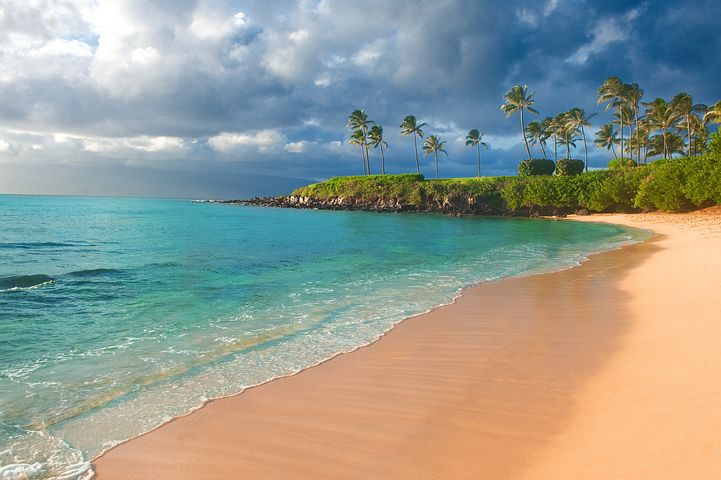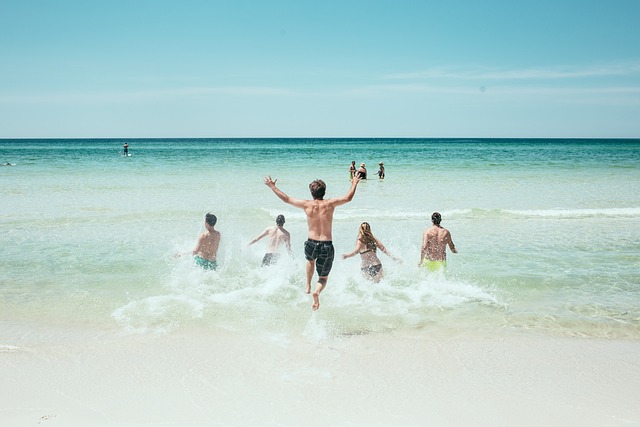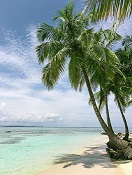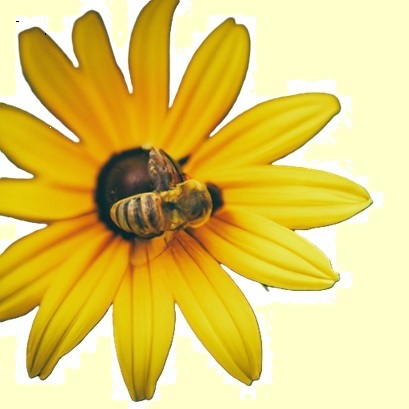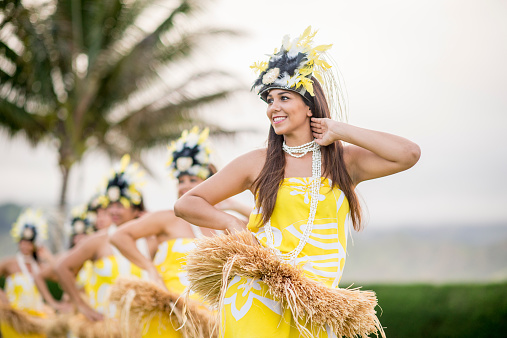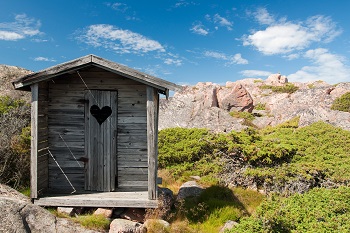
![]() Frequently Asked Questions
Frequently Asked Questions
![]() 4. Trivia Question:
4. Trivia Question:
![]() What was the name of the cowboy Jack Lord portrayed before coming to Hawaii to film "Hawaii Five-O" ?
What was the name of the cowboy Jack Lord portrayed before coming to Hawaii to film "Hawaii Five-O" ?
![]() What is Hawaii?
What is Hawaii?
Hawaii is a U.S. state located in the central Pacific Ocean. It is an archipelago consisting of 137 islands, but the most well-known and populous islands are Oahu, Maui, Hawaii (also known as the Big Island), Kauai, Molokai, and Lanai.
Hawaii became the 50th state of the United States on August 21, 1959. Prior to that, it was a U.S. territory since 1898. The road to statehood involved a lengthy political process.
The capital of Hawaii is Honolulu, which is located on the island of Oahu. It is also the largest city in the state.
Hawaii follows Hawaiian Standard Time (HST), which is 10 hours behind Coordinated Universal Time (UTC-10).
Hawaii has a tropical climate with warm temperatures throughout the year. The weather can vary between the islands, with the windward (eastern) sides being wetter and the leeward (western) sides being drier. Trade winds from the northeast help keep the islands pleasantly cool.
Hawaii is famous for its natural beauty and outdoor activities. Some popular attractions include Waikiki Beach, Pearl Harbor, Hawaii Volcanoes National Park, Haleakala National Park, Hana Road, and the Na Pali Coast, among others.
Hawaii is generally considered an expensive travel destination. Costs can vary depending on the island you visit, the time of year, and your choice of accommodations and activities. However, it is possible to find budget-friendly options.
English and Hawaiian are the official languages of Hawaii. Many residents also speak Hawaiian Pidgin, which is a creole language influenced by various cultures.
No, U.S. citizens do not need a passport to travel to Hawaii. It is a domestic travel destination for U.S. citizens.
Traditional Hawaiian cuisine includes dishes like poi (a starchy paste made from taro root), luau (a dish made with taro leaves and coconut milk), kalua pig (roasted pig), and poke (raw fish salad). You can also find a wide range of international cuisines in Hawaii due to its diverse population.
Hawaii is known for its beautiful beaches, and many of them offer safe swimming conditions. However, it's important to be aware of ocean conditions, tides, and currents, especially on beaches without lifeguards. Always follow posted safety guidelines and warnings.
The Aloha spirit is a cultural and social philosophy in Hawaii that emphasizes kindness, friendliness, and the idea of living with an open heart and a sense of love and unity. It's an important part of Hawaiian culture.
Yes, you can easily travel between the major Hawaiian islands by plane. Each island has its own unique attractions, so island-hopping is a popular way to explore Hawaii.
Yes, Hawaii hosts various cultural festivals throughout the year. The Merrie Monarch Festival celebrates hula and Hawaiian culture, and there are many other events featuring music, dance, and local traditions.
Leis are floral garlands often given as a symbol of welcome, affection, or respect in Hawaiian culture. They are commonly given to visitors and worn on special occasions or celebrations.
